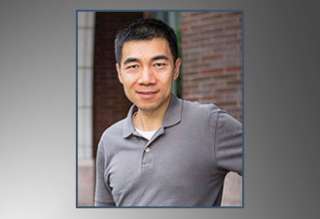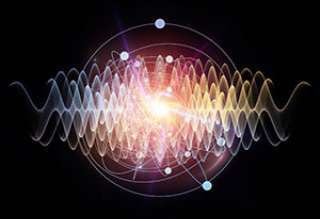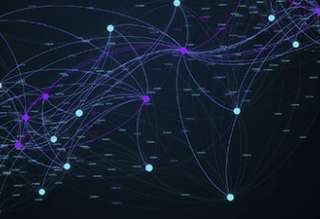SPS Feed
Top Reasons to Join SPS Today!
1. IEEE Signal Processing Magazine
2. Signal Processing Digital Library*
3. Inside Signal Processing Newsletter
4. SPS Resource Center
5. Career advancement & recognition
6. Discounts on conferences and publications
7. Professional networking
8. Communities for students, young professionals, and women
9. Volunteer opportunities
10. Coming soon! PDH/CEU credits
Click here to learn more.
The Latest News, Articles, and Events in Signal Processing
Date: August 23, 2022
Time: 4:00 PM (Amsterdam, The Netherlands Time)
Title: Artificial Intelligence and Digital Forensics: A Much-Needed Alliance
Registration | Full webinar details

Research Engineer (Research Fellow) in Sound Sensing
Location: University of Surrey, Guildford, UK
Closing Date: Monday 08 August 2022 (23:59 BST)
Further details: https://jobs.surrey.ac.uk/025022-R

The Signal Acquisition, Modeling, Processing and Learning (SAMPL) lab headed by Prof. Yonina Eldar at the Weizmann Institute of Science is recruiting post-doctoral students for cutting-edge research at the intersection of signal processing, information theory and learning. The work will be performed in collaboration with Prof. Muriel Medard at MIT, working with collaborative and supportive teams.
A framework of robust transmission design for reconfigurable intelligent surfaces (RIS) aided systems has been proposed to address the imperfect cascaded channel state information issue.
Submission Deadline: December 15, 2022
Call for Proposals Document
Date: September 14, 2022 (12pm-1pm) -- Virtual lecture
Chapter: North Jersey Chapter
Chapter Chair: Alfredo Tan
Title: Exploring and Exploiting High-dimensional Phenomena in Statistical Learning and Inference
Date: 5-6 June 2023
Location: Santa Clara, CA, USA

LECTURER/SENIOR LECTURER IN AUDIO ENGINEERING (RESEARCH AND TEACHING)
University of Surrey
Sound & Video Recording
Location: Guildford
Salary: £42,149 to £61,819 per annum
Post Type: Full Time, Permanent
Closing Date: 23.59 hours BST on Wednesday 20 July 2022
Reference: 042322
July 11-15, 2022
Registration Deadline: July 5, 2022
Location: Virtual
Pages
SPS Social Media
- IEEE SPS Facebook Page https://www.facebook.com/ieeeSPS
- IEEE SPS X Page https://x.com/IEEEsps
- IEEE SPS Instagram Page https://www.instagram.com/ieeesps/?hl=en
- IEEE SPS LinkedIn Page https://www.linkedin.com/company/ieeesps/
- IEEE SPS YouTube Channel https://www.youtube.com/ieeeSPS





















